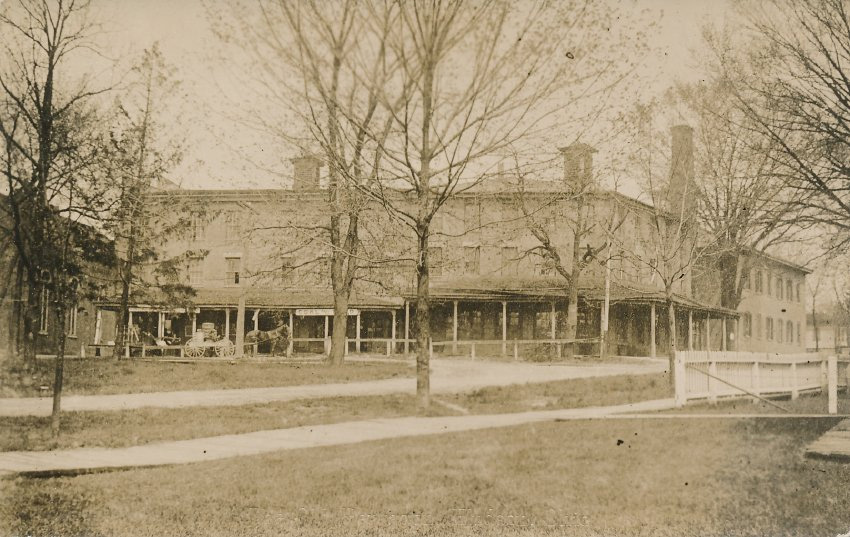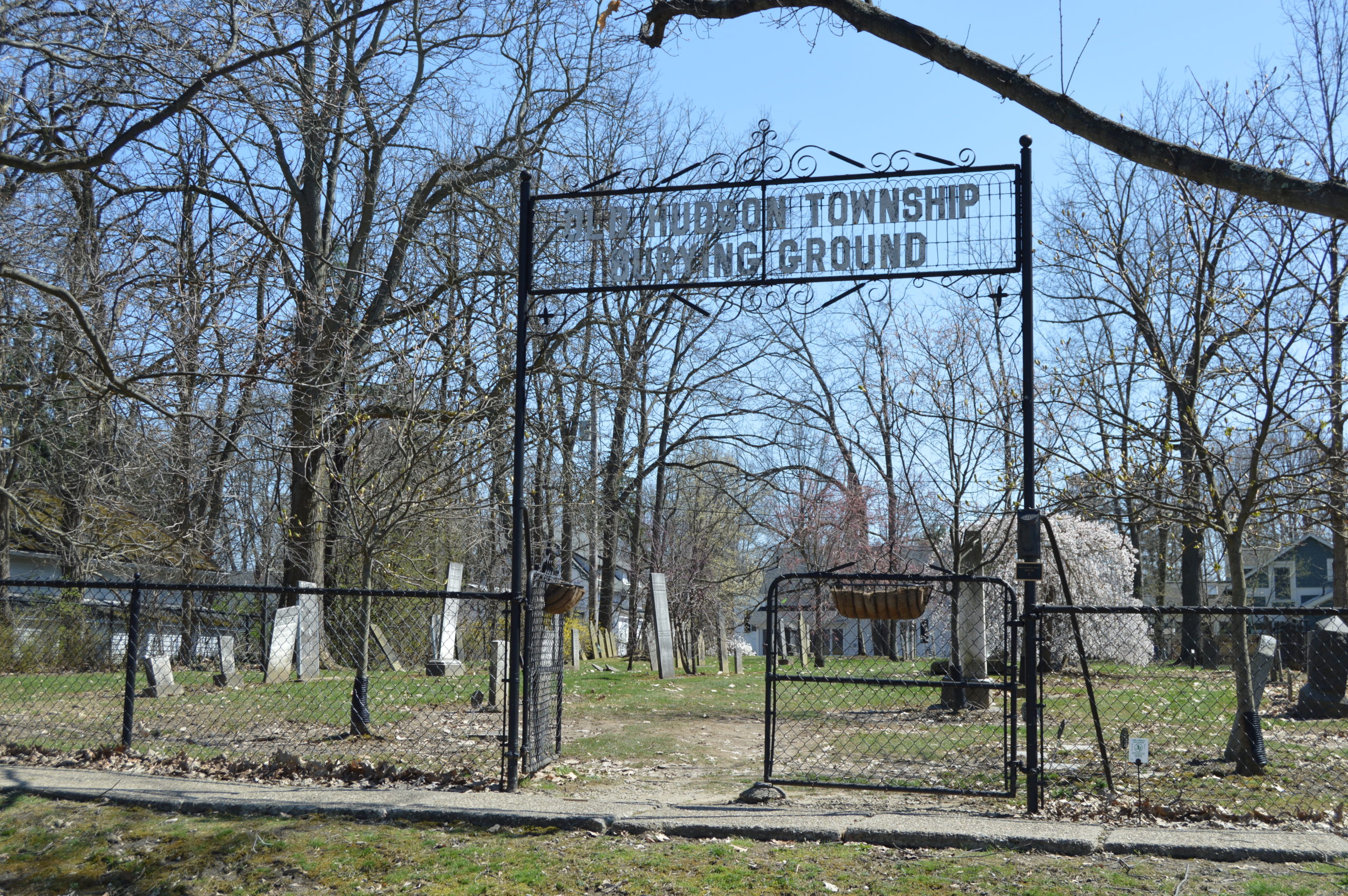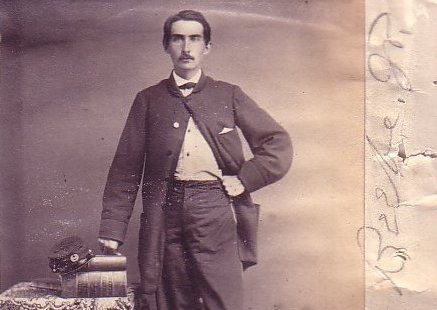Longtime Hudson resident Dorothy Elizabeth “Libby” Walker (1918-2004) was best known for her work on behalf of female students while a dean at Case Western Reserve University for forty years.
Libby was born on January 25, 1918, to Lida M. Oviatt (1890-1960) and Vernon Walker (1884-1972).The Oviatts were one of the original families to settle Hudson, Ohio. Libby was born and lived in 33 Division Street in Hudson, a home that Libby’s great-grandmother Charity Norton Oviatt purchased from the original builder in 1904. The home remained in the Oviatt family since that time and until she passed away in 2004.
Libby excelled at academics, graduated first in her class at Hudson High School in 1935, and graduated magna cum laude from the Flora Stone Mather College, the former women’s college of Case Western Reserve University. She went on to Radcliffe College, receiving her M.A. in Classics and remained in Massachusetts teaching Latin at Derby Academy in Hingham, Mass. for three years. Due to a family illness, she returned to Hudson in 1943 and soon was offered a position as Director of Admissions at Western Reserve University, where she remained for 40 years.
She served in several positions at the University, including Director of Admission, Freshman Dean, Dean of Women, and Dean of Students. In each position, she worked tirelessly and passionately on behalf of her students, especially women. In 1968, she persuaded the administration to establish a contraceptive clinic on campus.
As Dean of Women and Dean of Students, she was charged with oversight of women’s dormitories and helped plan some of the new buildings. During that time she also recognized the changing needs and social spheres of women and petitioned the administration to allow co-ed housing on campus, a position that was revolutionary (and controversial) at the time as only a few colleges in the country were allowing co-ed dormitories. Libby felt that students could be trusted and that such an arrangement would promote friendship between males and females. In 1968, due to Libby’s efforts, Mather House became the first co-ed dormitory at Case. In a December 9, 1987, Hudson Hub-Times interview, Libby Walker stated “she was glad to have been a pioneer in co-ed housing on campuses.”
After her retirement in 1983, Libby became an active member of the Hudson community. She served on the Architectural and Historical Board of Review, the Board of Hudson Heritage and was a steadfast member and officer of the Friends of the Hudson Library. She also continued her work on behalf of women as a member of the National Association of Women Deans and Counselors and the Ohio Association of Women Deans and Counselors. She was on the Vestry of Christ Church Episcopal and also served as president of Episcopal Church Women. She also served on the board of St. John’s Home in Painesville, a home for troubled girls.
Newspaper accounts of Libby have described her as a “shy and self-effacing” woman who led a “quiet, understated, but highly productive life.” Those who knew Libby would disagree, saying she was anything but shy or quiet. What is true about Libby Walker is that she had a real connection to and understanding of her students. In a letter to the alumnae about the changing student population on campus, her trust that students could realize their full potential comes across loud and clear:
Yes, the appearance of the campus has changed a great deal during the past decade and some of our alumnae might be surprised at the different, and casual, appearance of the students. But the most important changes are in the minds of the young people who promise to bring to their communities after they graduate a concern for the needs of others and an awareness of basic values that may refresh suburbia as much as they have revitalized Mather.
–Libby Walker, Case Western Reserve Alumnae Folio, January 1969
Libby’s legacy will continue to live on at Case Western Reserve and in the town of Hudson, Ohio. Friends and alumni established The Elizabeth Walker Scholarship upon her retirement, which awards a scholarship to a student with financial needs. She wanted to support needy students, having been the recipient of scholarships that allowed her to attend Mather and Radcliffe.
The personal papers of Elizabeth Walker and the Oviatt family are available at the Hudson Library & Historical Society.
Learn More
OTHER RESOURCES
“Elizabeth Walker, championed rights of women students while dean at Case” by Wally Guenther, Cleveland Plain Dealer
Hudson Heritage Association House Report: Moore-Oviatt House, 33 Division Street
“’A sense of equilibrium,’” Hudson Hub Times, December 9, 1987
“I remember Hudson,” Hudson Life, November 1, 1999



